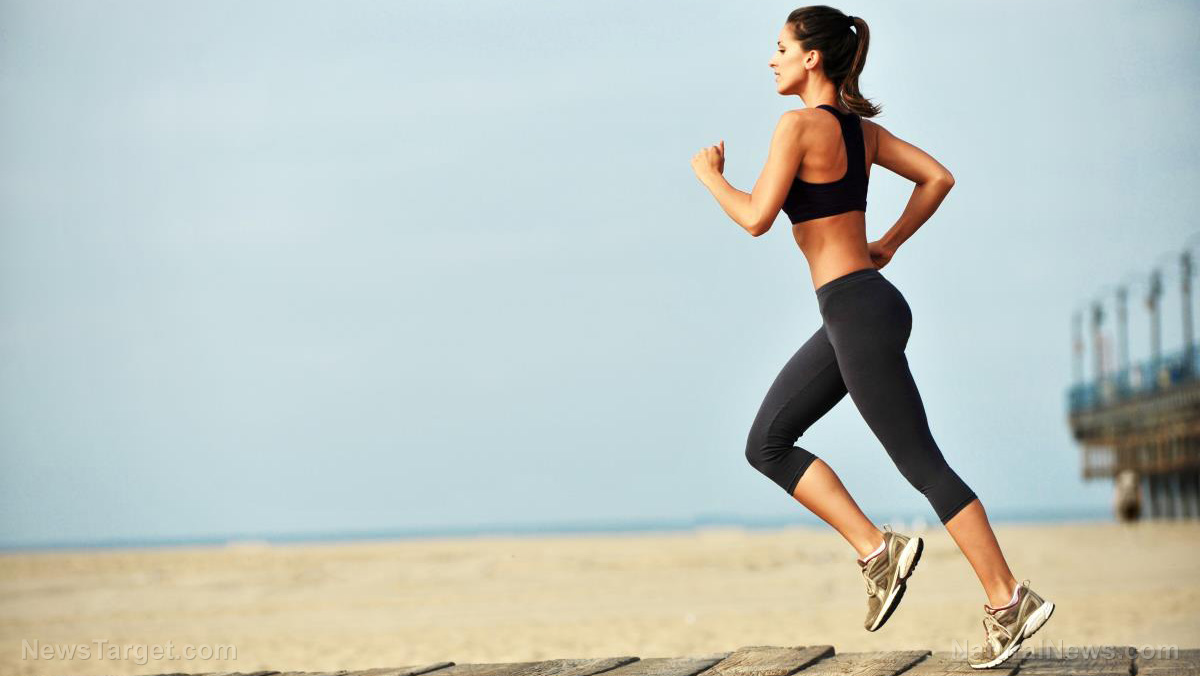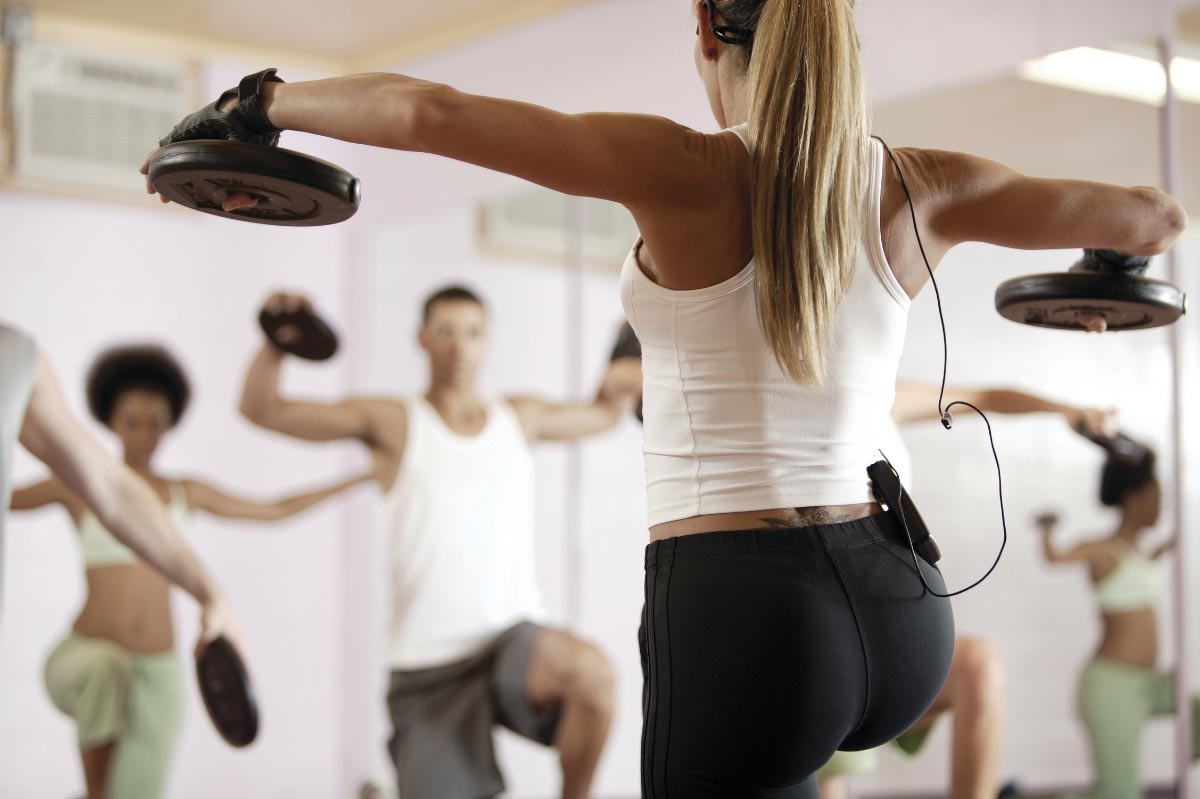Swing it! 5 Benefits to get you started with kettlebell training (plus, how to properly pull off a great swing)
12/07/2018 / By Ralph Flores

At first glance, a kettlebell looks like an iron ball with a handle — but don’t let its simple look fool you. It’s been called an all-in-one fitness tool, and for good reason: The kettlebell is a portable and adaptable piece of equipment that offers a wide range of exercises. The kettlebell swing, inarguably its most famous movement, is known for its versatility and its ability to target multiple muscles in one go.
“The kettlebell swing is the most widely known kettlebell movement because of its versatility and ability to quickly get the heart rate up,” explained fitness trainer Noelle Tarr in an article on Shape.com. “It’s an incredible total-body movement that builds strength while also requiring power, speed, and balance.”
Indeed, kettlebell training is an accessible and practical training tool for everyone, despite their skill level. If you’re a couch potato looking to start a fitness routine or a seasoned gym rat looking to spice it up, here are some ways that kettlebells can make your workouts that much better. (h/t to SportsInjuryClinic.net)
It improves muscular strength and endurance
The kettlebell swing is a whole body exercise, which means that it can build muscle strength better than isolated movements. According to a study in the Journal of Strength and Conditioning Research, kettlebell swing training can increase both maximum and explosive strength. In particular, maximum strength is used in weightlifting, and explosive strength is the quick burst of power when a person sprints.
The weight of the kettlebell also requires more muscles to engage and stabilize during the swing. This action dramatically improves the strength of the arms, shoulders, core, upper and lower back, and thighs.
It’s a full workout, but in a fraction of the time
Just five minutes of a kettlebell workout can provide a person with a full body workout. It can also increase the heart rate and get the blood pumping. All these things work well for people who have no time to go to the gym since it gives them a great way to squeeze in strength and cardio training at the same time, despite a busy schedule.
It strengthens the back muscles
One of the things that make kettlebell exercises great is that it doesn’t overuse the back muscles. In particular, the swing uses the glutes and the hips to bring the weight up. The action allows the lower back to be trained for strength and mobility — without the risk of straining it. (Related: Kettlebells for weight loss, conditioning and improved back health.)
It develops core strength
Kettlebell swings require a person to engage his core with every lift. The ballistic nature of each swing develops core strength and develops abdominal muscles. It’s particularly useful for those looking to strengthen and shape their back muscles and abs.
A developed core is also essential for anyone who plans to be fit: It improves balance and stability, making it easier to do physical activities.
It leads to greater fat loss
Kettlebell training offers a one-two (even three) punch against fat. The weight-bearing nature of a kettlebell, combined with the act of swinging it, can burn calories over a short period. In addition, the strength required to do the swing creates dense muscle mass. Finally, the swing activates the fat-burning effects of certain hormones in the body.
Getting started with the kettlebell swing
Indeed, a kettlebell can make a big difference in your workout, if done properly. For starters, choosing a kettlebell that’s not too heavy and not too light is the key to a good workout — a good weight is 8 kg (18 lbs) for women and 16 kg (35 lbs) for men. Here’s how to get properly acquainted with the famous kettlebell swing.
Kettlebell swing

- Stand with feet shoulder-width apart, and toes pointed out. Your knees should be slightly bent; look straight ahead.
- Hold your kettlebell between your legs using a two-handed, overhand grip.
- Maintain an arch in your lower back. Bend your hips forward — until the kettlebell is positioned between and behind the legs.
- Squeeze your glutes to extend your hips and knees to swing the weight up. Note that your hips should be doing the swinging — not your arms.
- After it reaches its peak, let the weight swing back down between the legs. As this happens, bend your hips and slightly bend your knees.
- Extend your hips and knees to reverse the momentum and begin your next rep.
If you’re looking for more natural ways to be fit, follow Slender.news.
Sources include:
Tagged Under: cardio, core muscles, exercise, fat loss exercise, fitness, kettlebell, kettlebell swing, slender, strength training



















